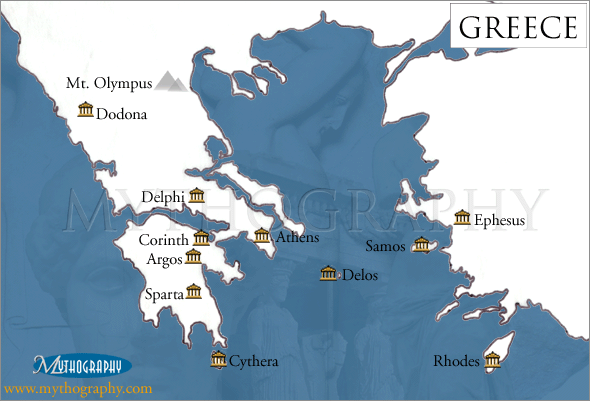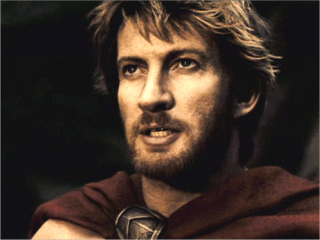Over the course of its two-decade history, MetroStage has built a sturdy reputation for presenting contemporary plays and musicals and featuring emerging playwrights, leaving the classics to others. That standing is not likely to change with the company's current production of Sophocles' Electra: Despite the ancient Greek pedigree, the compelling, emotionally satisfying production is very much of this moment.
For MetroStage's first foray into the works of the ancient Greeks, producing artistic director Carolyn Griffin chose the streamlined adaptation of Electra that Frank McGuinness created for a West End production and then brought to Broadway to significant acclaim in 1998. McGuinness has said that his version of Sophocles' tale of revenge was inspired by the violent civil war in the Balkans. Cut down to 90 minutes and transposed into generally contemporary speech, the play as adapted by McGuinness reminds us that a direct connection can be made between the ravaged culture that Sophocles wrote about two millennia ago and current events.
As theater, Electra is first and foremost the Olympics of acting; the leading role a challenge that many actors may relish but that only the best can meet. MetroStage's production seems to have had its genesis in the availability and the desire of Jennifer Mendenhall for the part. The Helen Hayes Award winner notes in her program bio that she is "ferociously happy" to return to MetroStage to portray Electra; that ferocity is evident onstage as she attacks the plum role with gusto, not quite chewing the scenery but certainly gumming it a bit. There's a lot for her to sink her teeth into: Electra rages against her mistreatment in her familial home, waiting for the return of her brother Orestes to avenge the death of her father at the hands of Aegisthus , who has since wed Electra's widowed mother Clytemnestra. The obsessed Electra runs the full gamut of emotions from rage to grief, with occasional moments of doubt and despair as well as a few flourishes of triumph.
Director Michael Russotto has choreographed significant movement for Mendenhall. Wearing the ragged remnants of military clothing, her face grimy, she's frequently striding up and down the front steps of the Greek-temple-like home or leaping over the piles of junk cluttering the metal-and-barbed-wire fence that circles the estate. An electronic ankle bracelet monitors her every move, and when she ventures too near the gate in the fence, it slams shut to the accompaniment of ear-splitting alarms and flashing red lights. Though the gate confines Electra, it eventually plays a major role in her liberation, thanks to a deft bit of staging by Russotto. Throughout, Mendenhall avoids the constant state of near hysteria that all too often marks performances of this role and exhausts an audience.
The only overacting in the production comes whenever mention is made of Clytemnestra, sending Mendenhall's Electra into paroxysms. This becomes understandable when Clytemnestra finally makes her appearance. McGinn's manipulative widow presents a startling contrast to her emotionally frazzled daughter: tall, regal, and coolly imperious in manner, she's a lovely vision in a bright turquoise top and white Capri pants (in contrast to the dark, muted colors worn by the rest of the cast), with a knife snugly attached to her designer belt. The scenes between Electra and Clytemnestra are the heart of this production -- more illuminating than Electra's reunion with Orestes -- and McGinn's striking performance makes her character's downfall stunning.
Feldman turns in a strong, nuanced performance as Orestes, and Rana Kay offers an intriguing characterization of Chrysothemis: She plays her as an ingénue with an unexpected spine of steel, thereby adding dimension to the role. The chorus has been reduced to three women representing youth, middle age, and old age. James Kronzer's set contrasts the bright, clean estate with the grimy world that is encroaching upon it. The metal fence topped with barbed wire bespeaks omnipresent violence, while the debris surrounding the house signifies the crumbling of the dynasty within.












